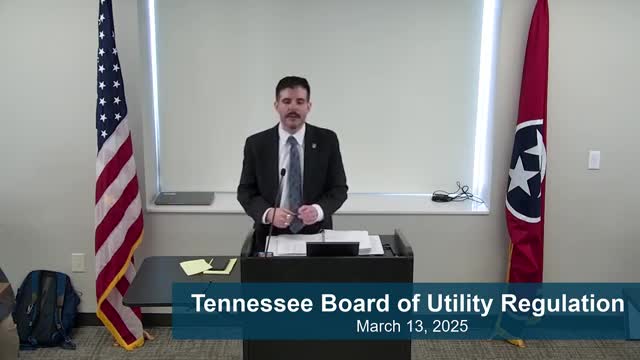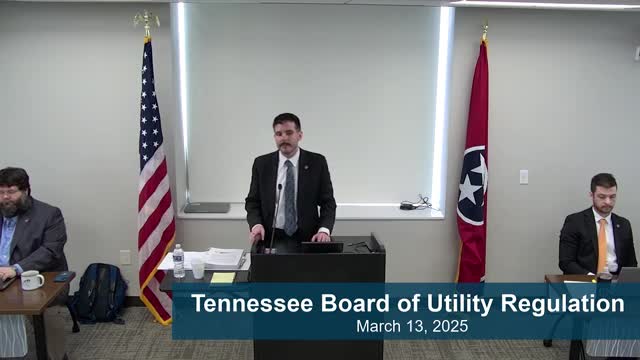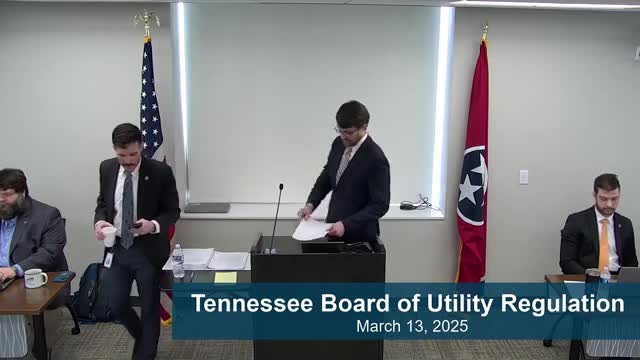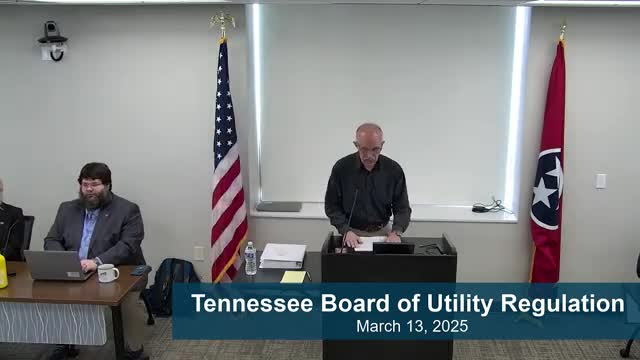Article not found
This article is no longer available. But don't worry—we've gathered other articles that discuss the same topic.

TBOR opens administrative review into Sevier County Utility District after DOI investigation and indicted manager

Board orders staff review after complaints about high water hardness at Gladeville Utility District

Board grants temporary relief in Nolensville irrigation leak dispute, directs staff follow-up

TBOR gives Lynnville deadline to finish audits, orders feasibility and rate study for merger review

